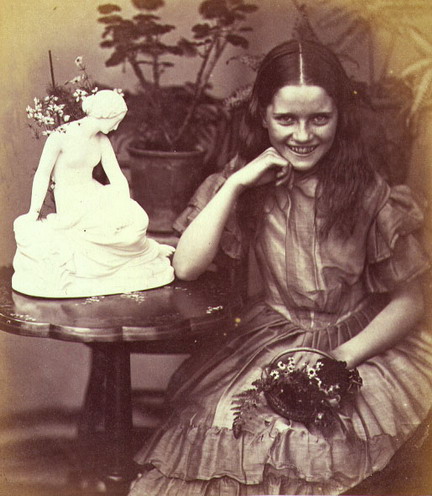In an earlier post, no longer available on the site, I argued that theatrical illusions have little to do with “escapism” but serve a practical function — to make us “aware of the provisional and constructed nature of all perception.”
“[W]e know,” I said, “that there is wisdom to be found in being reminded of this fact . . . [that] to enter such illusions knowing they’re illusions puts us into a very special state of mind, a state of grace, even, in which we engage the practical mechanics and mysteries of perception directly. We escape into truth, about ourselves and about the world. “
Last year, Boing Boing posted a link to a scientific paper recording the results of a study of the methods of stage magicians as a key to understanding the “mechanics and mysteries of perception.” As an article on The Boston Globe’s web site reported:
At a major conference last year in Las Vegas, in a scientific paper
published last week and another due out this week, psychologists have
argued that magicians, in their age-old quest for better ways to fool
people, have been engaging in cutting-edge, if informal, research into
how we see and comprehend the world around us. Just as studying the
mechanisms of disease reveals the workings of our body’s defenses,
these psychologists believe that studying the ways a talented magician
can short-circuit our perceptual system will allow us to better grasp
how the system is put together.
The study may be underplaying our collaboration in the trickery of stage magic. The truth is that we’re not really fooled by what the magician does, since we know he’s tricking us. What we enjoy about the experience, what’s profound about the experience, is the demonstration of the limits and imperfections of everyday perception — something we already know on a very deep level but need to be reminded of at regular intervals in safe surroundings.

[Portrait of Flora Rankin by Lewis Carroll, 1863]
The phenomenon is similar to the delight we take in nonsensical wordplay, which reminds us of the limits and imperfections of language. “The rule,” says Lewis Carroll, “is jam to-morrow, and jam yesterday — but never jam to-day.” That’s a grammatical sentence in which the rules of language have been correctly employed to convey an illogical idea. There is wisdom to be found in being reminded that language can be used in this way.
I would suggest that we have always known, on an intuitive level, what psychologists are starting to discover about the methods of stage magicians.
